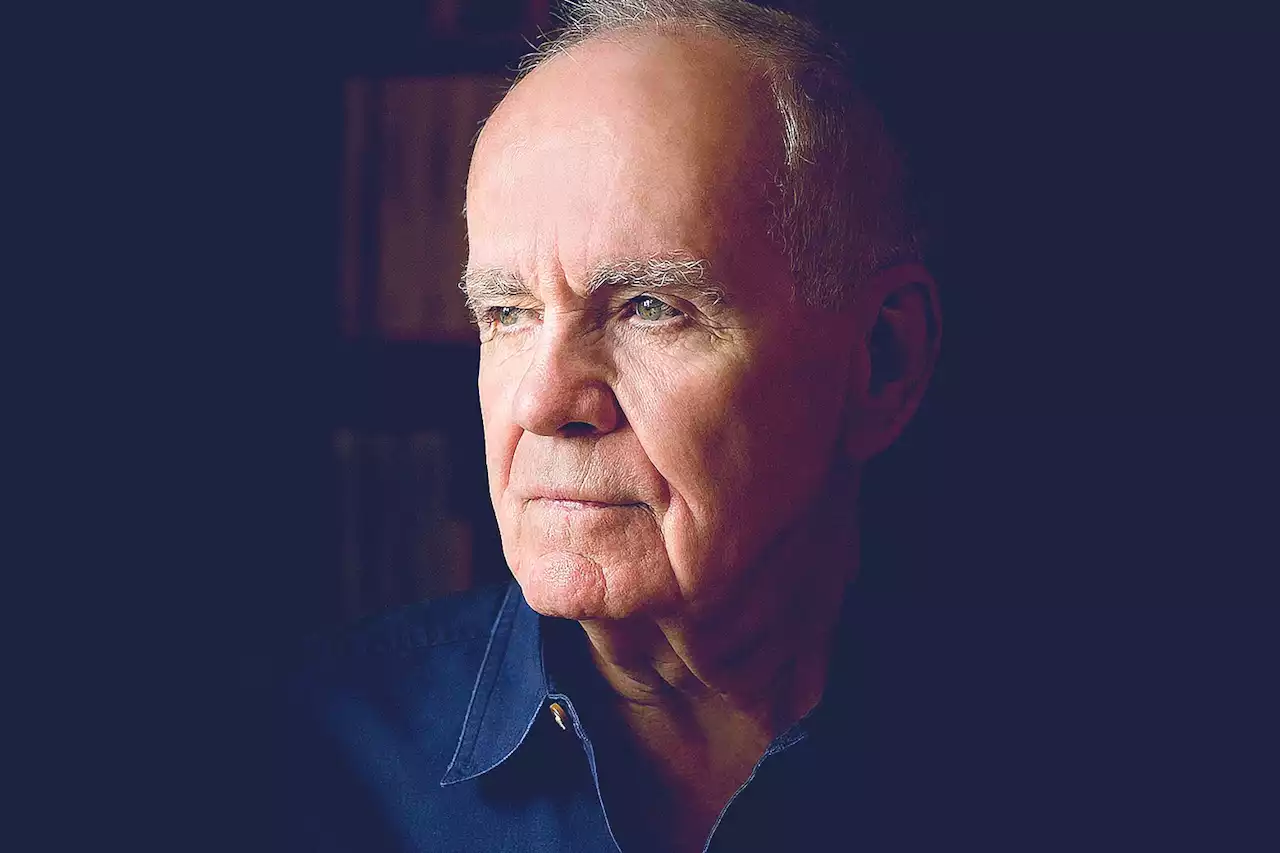
Cormac McCarthy, author of The Road and No Country for Old Men, dies at 89

Cormac McCarthy, the Pulitzer Prize-winning novelist who in prose both dense and brittle took readers from the southern Appalachians to the desert Southwest in such novels as The Road, Blood Meridian, and All the Pretty Horses, died on Tuesday (June 14). He was 89.
McCarthy died of natural causes in Santa Fe, New Mexico, publisher Alfred A Knopf said.
McCarthy, raised in Knoxville, Tennessee, was compared to William Faulkner for his Old Testament style and rural settings.
Bleak, violent themes
McCarthy’s themes, like Faulkner’s, often were bleak and violent and dramatised how the past overwhelmed the present. Across stark and forbidding landscapes and rundown border communities, he placed drifters, thieves, prostitutes, and old, broken men, all unable to escape fates determined for them well before they were born.
Feature: Inside the violent, visceral world of Cormac McCarthy, one of America’s greatest writers
As the doomed John Grady Cole of McCarthy’s celebrated “Border” trilogy would learn, dreams of a better life were only dreams, and falling in love an act of folly.
McCarthy’s own story was one of belated, and continuing, achievement and popularity. Little known to the public at age 60, he would become one of the country’s most honored and successful writers despite rarely talking to the press. He broke through commercially in 1992 with All the Pretty Horses and over the next 15 years won the National Book Award and the Pulitzer, was a guest on Oprah Winfrey’s show, and saw his novel No Country for Old Men adapted by the Coen brothers into an Oscar-winning movie. Fans of the Coens would discover that the film’s terse, absurdist dialogue, so characteristic of the brothers’ work, was lifted straight from the novel.
The Road, his stark tale of a father and son who roam a ravaged landscape, brought him his widest audience and highest acclaim. It won the 2007 Pulitzer Prize for fiction and was selected by Winfrey for her book club.
In his Winfrey interview, McCarthy said that while typically he didn’t know what generates the ideas for his books, he could trace The Road to a trip he took with his young son to El Paso, Texas, early in the decade. Standing at the window of a hotel in the middle of the night as his son slept nearby, he started to imagine what El Paso might look like 50 or 100 years in the future.
“I just had this image of these fires up on the hill … and I thought a lot about my little boy,” he said.
He told Winfrey he didn’t care how many people read The Road.
“You would like for the people that would appreciate the book to read it. But, as far as many, many people reading it, so what?” he said.
‘Profoundly moving story’
McCarthy dedicated the book to his son, John Francis, and said having a child as an older man “forces the world on you, and I think it’s a good thing”.
The Pulitzer committee called his book “the profoundly moving story of a journey”.
“It boldly imagines a future in which no hope remains, but in which the father and his son, each the other’s world entire, are sustained by love,” the citation read in part. “Awesome in the totality of its vision, it is an unflinching meditation on the worst and the best that we are capable of: ultimate destructiveness, desperate tenacity, and the tenderness that keeps two people alive in the face of total devastation.”


